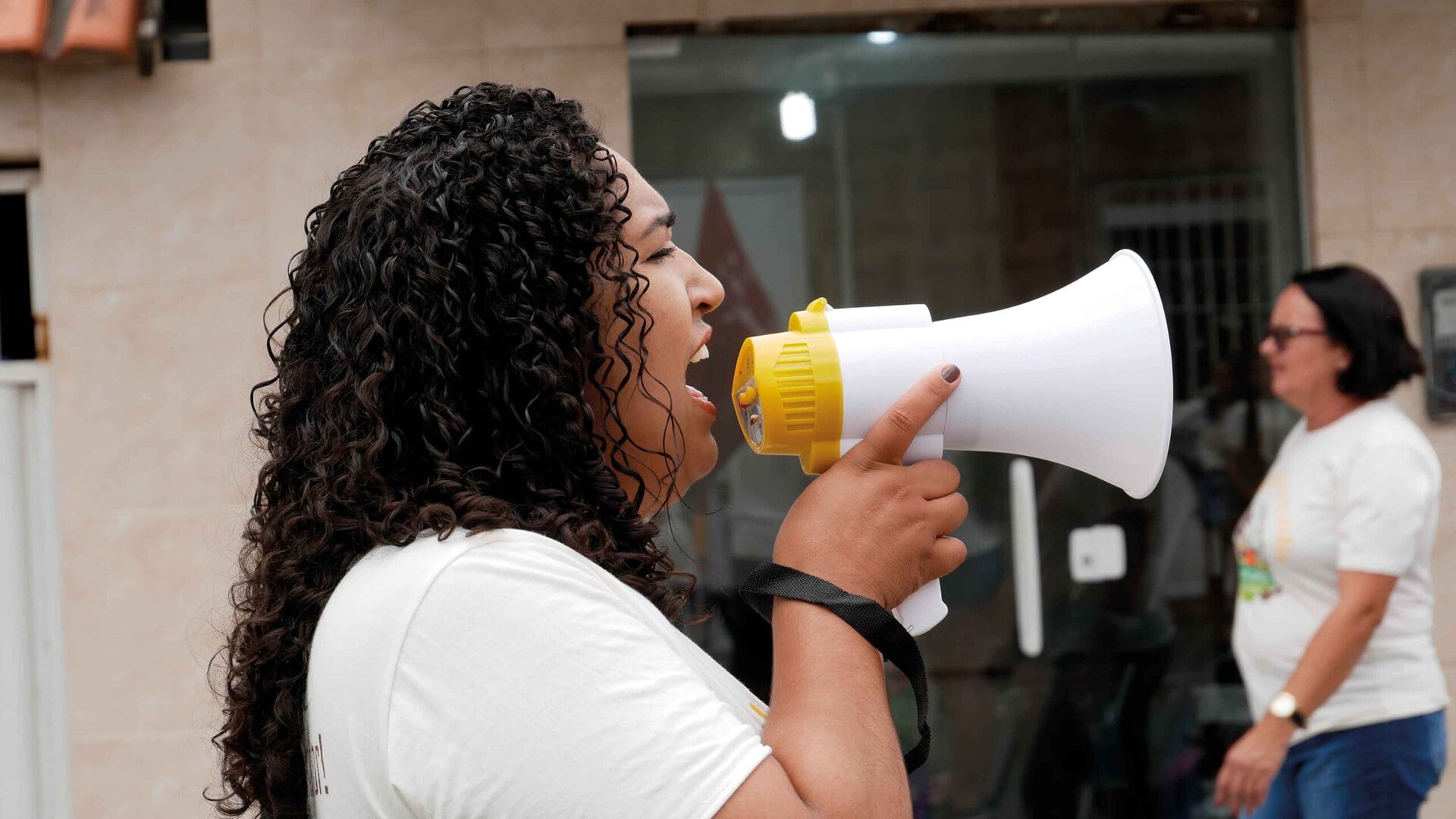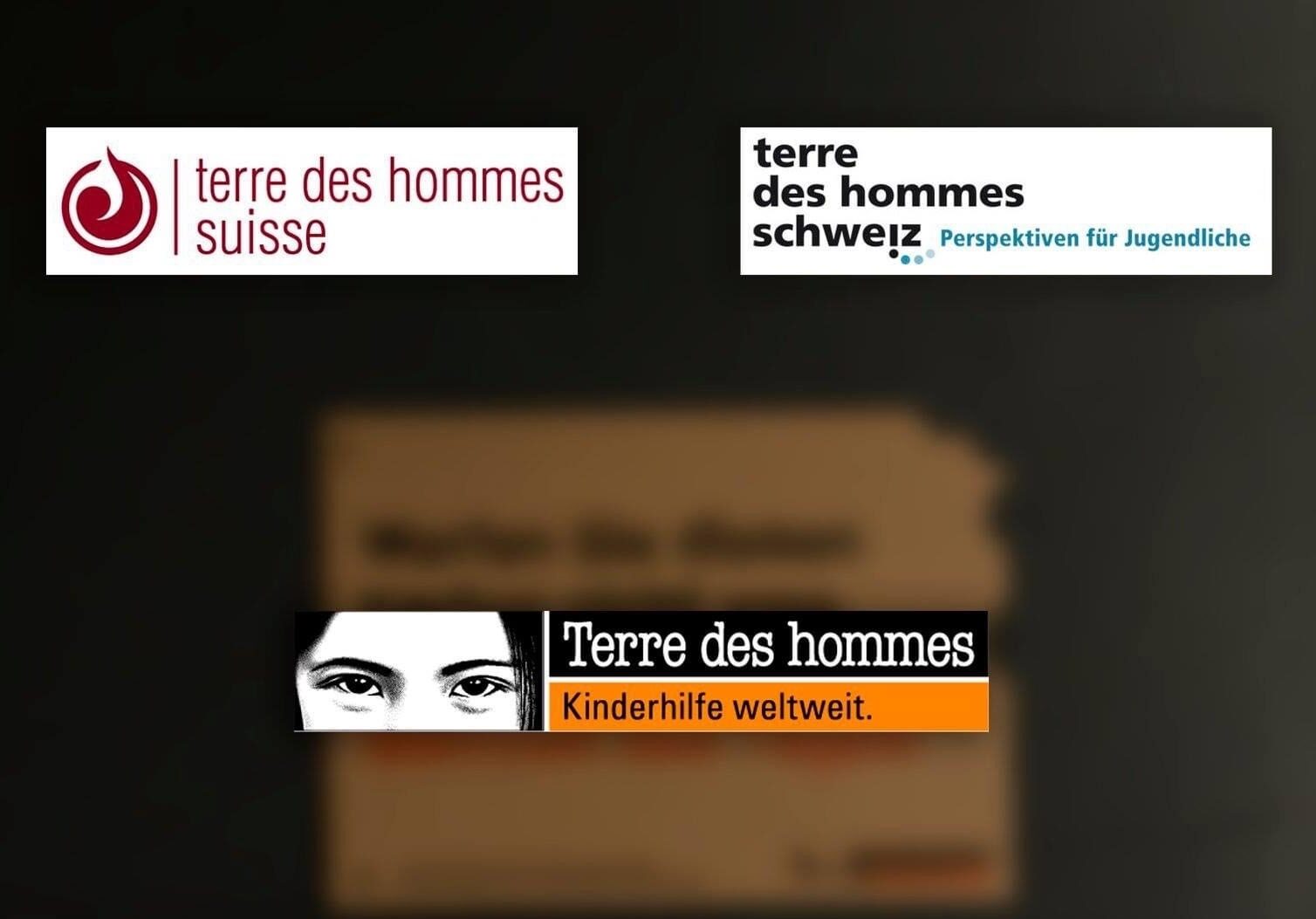Climate change is jeopardizing the future of humanity on our planet. In our project countries in the Global South, young people are directly affected by the effects of climate change.
One example is young people in Mozambique who lost their homes and loved ones due to the violent cyclones in 2019, or young smallholder farmers in Brazil’s north-east whose harvest is at risk due to the lack of rain and severe drought. The young refugees in the Sahrawi refugee camps, where temperatures rise to 50 degrees during the day, are also affected. None of them have contributed to climate change themselves, but now they have to live with the consequences.
A new environmental roadmap
Today, there is an awareness of the urgent and immediate need to reduce climate-damaging emissions at all levels. In order to halve its own CO2 emissions, terre des hommes schweiz in Basel, together with its sister organization Terre des Hommes Suisse in Geneva and with advice from the Climate Action Accelerator organization, surveyed its own emissions for 2019 at the Swiss site and in the country offices and analysed the data. The good news is that we are already an organization with relatively low CO2 emissions. We do not transport goods from A to B and work with local partner organizations. We have selected our investment portfolio and our pension fund according to ethical and ecological criteria. Most of our employees come to work by bike or public transport. terre des hommes schweiz supports this environmentally conscious behavior by financing the Half-Fare travelcard. We have long endeavored to fly less and, of course, only economy class and, if possible, not at all within Europe. We work with local experts on site instead of flying in photographers, for example. Based on the data collected, we adopted the Climate Roadmap after internal discussion, in which we set out exactly how we can halve our CO2 emissions. Furthermore, concrete principles are now being developed in various areas, such as a new travel policy. This will enable us to assess the urgency of every trip. Another example is new rules on procurement.
Focus on climate justice
Our plan to reduce CO2 emissions goes hand in hand with our efforts to decentralize, which we are already implementing. In the course of decolonization, Tayson Mundaraki from Zimbabwe is now part of the Basel team – thanks to teleworking. At the same time, he is closer to the partner organizations. When it comes to teleworking, we have also learned from the coronavirus pandemic, when we introduced more home offices. Many of the employees who commuted every day before the pandemic now only have to come to Basel twice a week. Many conferences are now also accessible online. In June 2022, we also moved from our former office, which was located in a poorly insulated building, to the kHaus am Rhein in Basel, where we are using the new co-working space concept, opening up many new perspectives for a resource-saving way of working. The topic of climate justice is at the top of our agenda. That is why we are also involved in various networks for climate justice, such as the Climate Alliance, the Swiss Climate Protection Association and the Alliance Sud working group on climate justice. Because we know that major changes are necessary to guarantee the planet’s habitability for the future. National legislation is a very important milestone on this path. We therefore actively support the call to vote on June 18 with a “Yes” for the Climate Protection Act in favor of the Climate Protection Act.
Author: Annette Mokler, Development Policy and Program Coordination Western Sahara at terre des hommes schweiz



